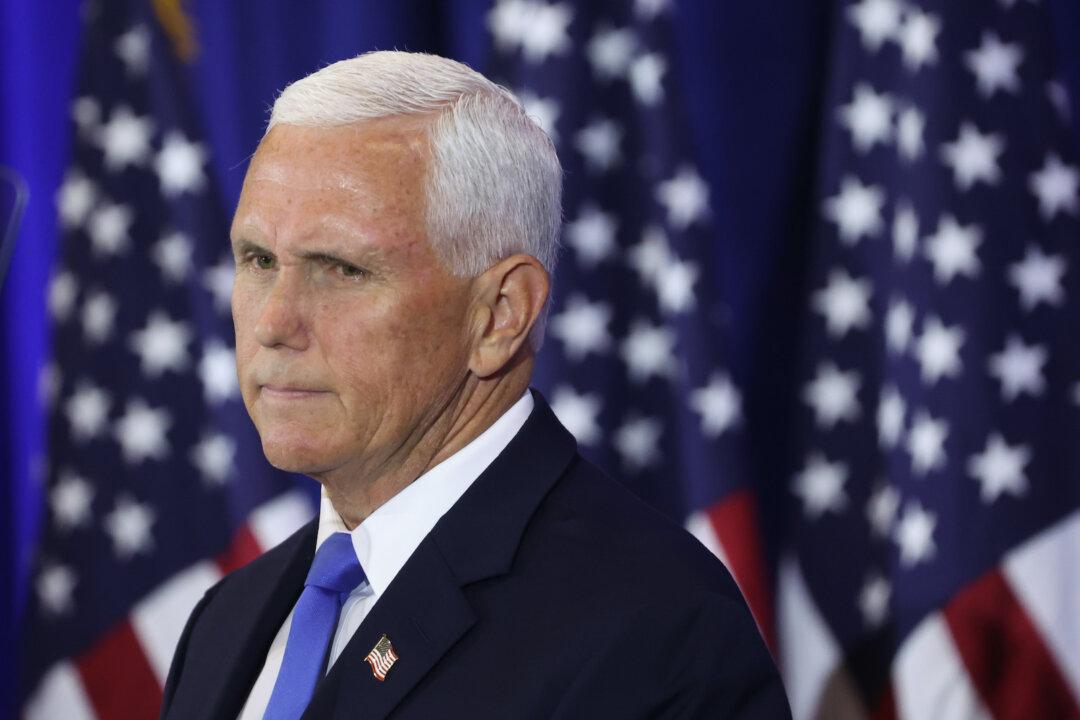A federal judge required Vice President Mike Pence to answer most questions posed to him in Special Council Jack Smith’s investigation into President Donald Trump, newly-unsealed records show.
The court records were released on June 9 and showed that Pence’s motion to refuse a subpoena from Smith was effectively denied by D.C. District Court Chief Judge James Boasberg. Boasberg agreed with government attorneys that Pence was required to answer most questions asked by Smith as part of his probe, denying Pence’s argument that his role as president of the Senate shielded him from compliance.





